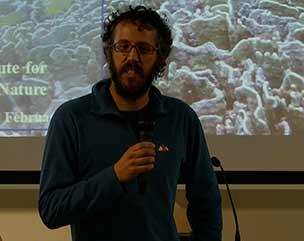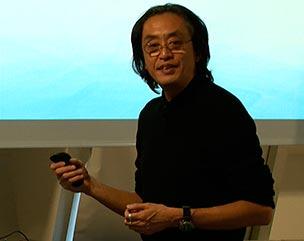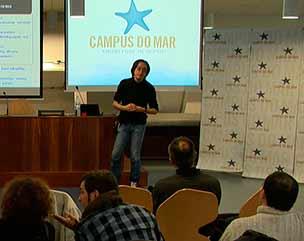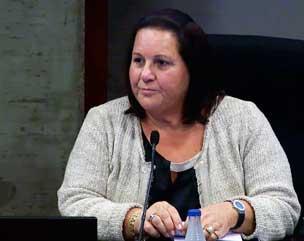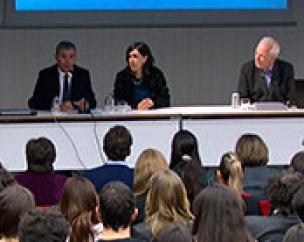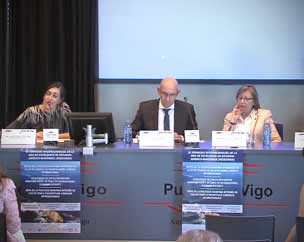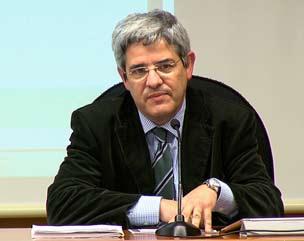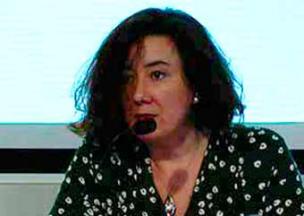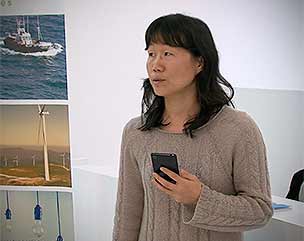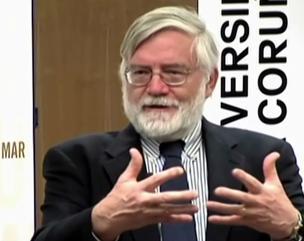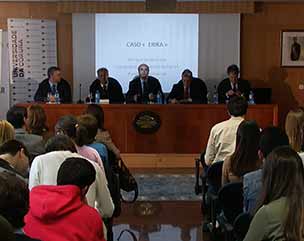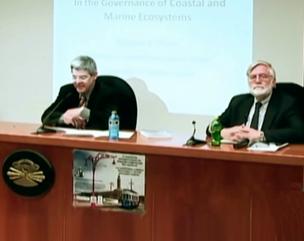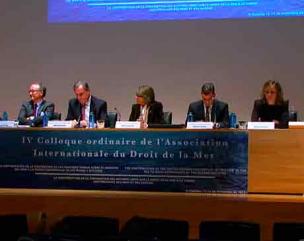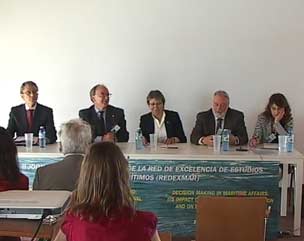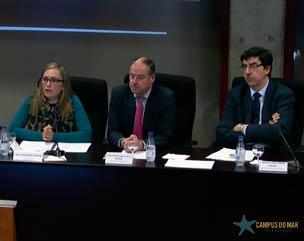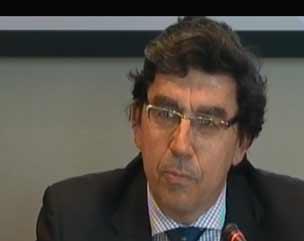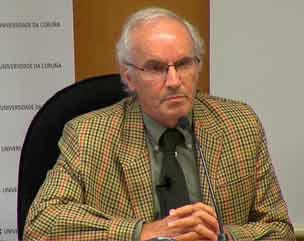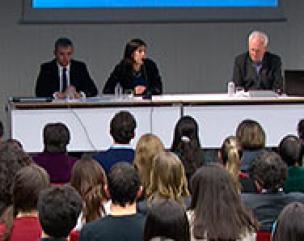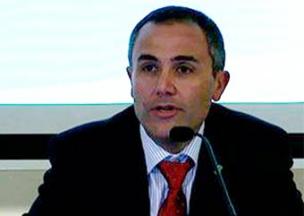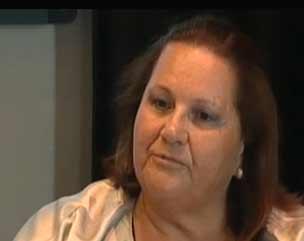Local Science Network in Japan
Management of shellfish resources in Japan
ILEK project examines three important frontiers of contemporary environmental studies. First, it examines the processes of local knowledge production related to environmental problems and solutions. Second, it recasts the fields of environmental perception and action so that their dimensions and complexity in real social settings are more accurately indicated: it addresses the ‘new commons’, a term used to indicate the overlapping of biophysical and human forces and materials that constitute social-ecological systems and the range of actors beyond single communities that are implicated in management of these commons. Finally, the project advances the theory and practice of transdisciplinarity, as the project itself progresses through a process of co-design and co-production among a wide range of scientists, theoreticians, and local and non-local stakeholders and intermediaries.
This project studies and develops processes of local knowledge production and circulation that can lead to bottom-up solutions to global environmental problems. It examines and facilitates dialogue between scientific explanation and everyday ways of understanding, and it monitors how this knowledge changes as it is utilized at different points and levels of social networks. The knowledge produced is called Integrated Local Environmental Knowledge (ILEK).
-
: Mr. Tetsu SatoResearcher. Professor of Ecology and Environmental Sciences, Research Institute for Humanity and Nature, Kyoto, Japan. Nagano University.

